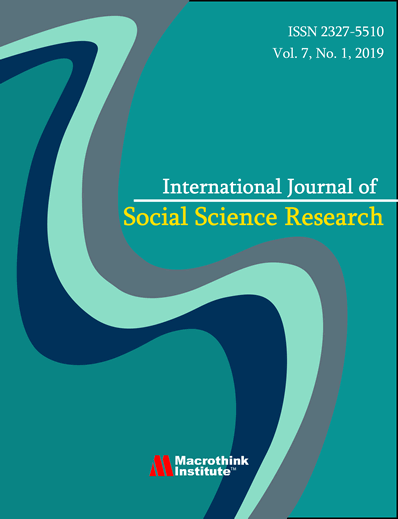Rational Choice, Personal Norms, Social Norms and Intention to Commit Resume Fraud
DOI:
https://doi.org/10.5296/ijssr.v9i1.17812Abstract
Referring to rational choice theory, theory of planned behavior, situational action theory, and model of frame selection, the study examines the effects of rational choice variables, social (subjective) norms, and personal (moral) norms on a sample of 286 associate degree graduants’ intention to misrepresent information on their resumes with a view to identifying ways to curb the problem. Participants were asked to indicate their likelihood of fabricating, embellishing, and omitting information on their resumes in response to a hypothetical recruitment advertisement. Their perceived benefits/costs of resume fraud as well as the respective probabilities of occurrence, perceived social norms and personal norms were measured. Results found that only perceived benefits (but not perceived costs or the probabilities of occurrence) and personal norms (but not social norms) had direct effects on intention to commit resume fraud. The findings suggest that while job applicants are utilitarian, their rationality is bounded, and they only use limited information in making relevant decisions. Personal norms also moderated the effect of perceived benefits on resume fraud, with effect of perceived benefits much weakened among those with higher personal norms. The results cast doubt on the use of deterrence measures to curb resume fraud. On the other hand, the importance of business ethics education is highlighted.

